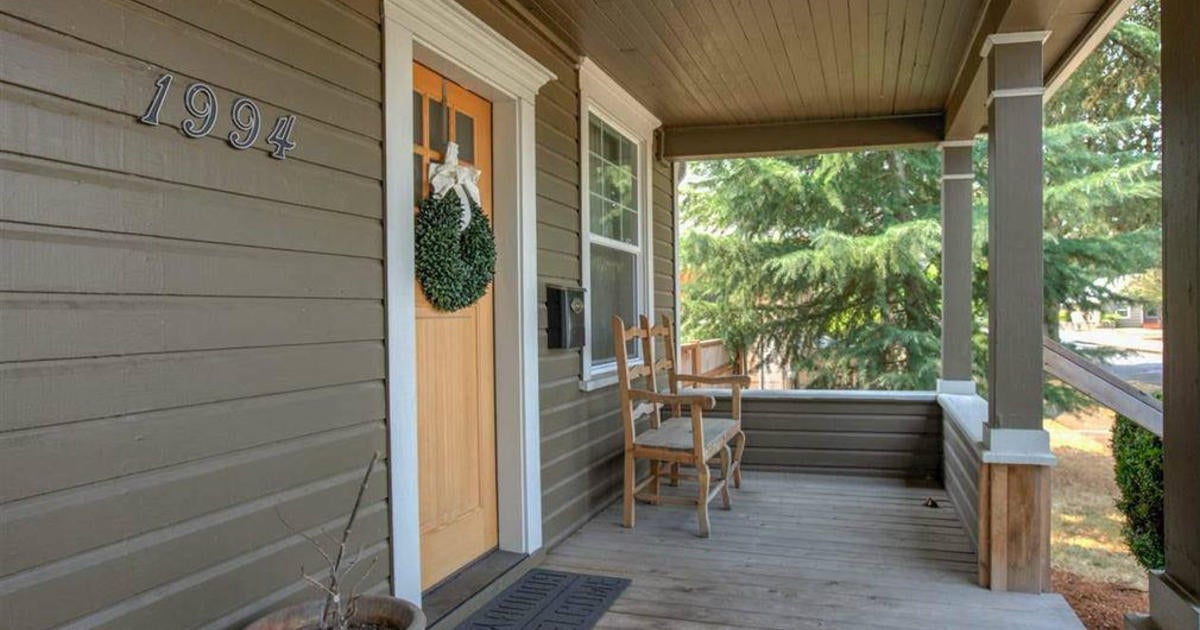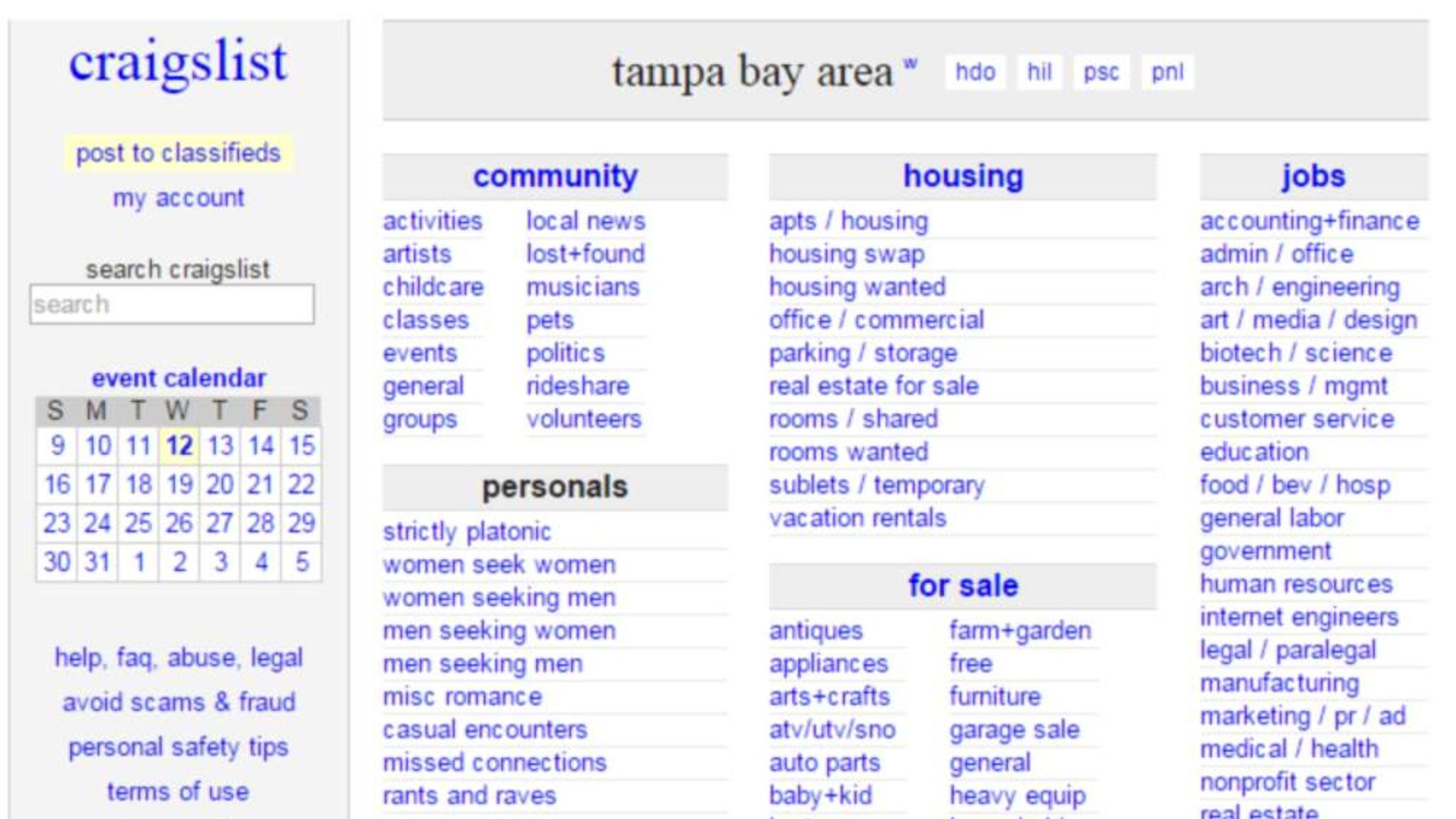Houses under 200000terms of use – Houses under $200,000: Terms of Use – navigating this market segment requires careful consideration. This guide explores the current landscape of affordable housing, examining factors influencing price, location, property features, and financing options. We’ll delve into the realities of purchasing a home in this price range, including potential risks and rewards, ultimately empowering you to make informed decisions.
From understanding regional market trends and comparing property types to evaluating financing choices and budgeting for ongoing costs, we aim to provide a comprehensive overview. We will also examine the importance of due diligence, highlighting potential challenges and offering practical advice for prospective buyers.
Financing and Affordability: Houses Under 200000terms Of Use
Purchasing a home under $200,000 requires careful consideration of financing options and affordability. Understanding the various mortgage types, down payment requirements, and associated costs is crucial for making an informed decision. This section will Artikel typical financing options, potential government assistance programs, and a sample budget to illustrate the ongoing expenses of homeownership.
Typical Mortgage Options and Down Payment Requirements
Several mortgage options are available for homes priced under $200,000. The most common include conventional loans, FHA loans, and VA loans. Each carries different requirements regarding down payment and credit score. Conventional loans typically require a down payment of at least 3%, although a larger down payment (often 20%) may be necessary to avoid private mortgage insurance (PMI).
FHA loans are backed by the Federal Housing Administration and often allow for lower down payments (as low as 3.5%), making them accessible to first-time homebuyers or those with less-than-perfect credit. VA loans, available to eligible veterans and military personnel, typically require no down payment. It’s important to note that interest rates and loan terms vary depending on the chosen mortgage type, credit score, and prevailing market conditions.
A prospective buyer should compare offers from multiple lenders to secure the best terms.
Government Programs and Incentives
Several government programs and incentives can assist buyers in purchasing homes under $200,000. The specifics of these programs vary by location and may change over time, so it’s essential to research programs available in your specific area. Some examples include down payment assistance programs offered by state or local governments, which may provide grants or low-interest loans to help cover the initial down payment.
Some programs target first-time homebuyers, while others may prioritize low-to-moderate-income families. Additionally, tax credits for homebuyers might exist, offering reductions in annual tax liabilities. Consult with a housing counselor or a financial advisor to explore available programs and determine eligibility.
Sample Monthly Budget for a $200,000 Home, Houses under 200000terms of use
This sample budget illustrates the approximate monthly costs associated with owning a $200,000 home. These figures are estimates and can vary significantly based on location, interest rates, property taxes, and insurance premiums.
| Expense | Estimated Monthly Cost |
|---|---|
| Mortgage Payment (assuming a 30-year fixed-rate mortgage at 6% interest and 10% down payment) | $1,000 – $1,200 |
| Property Taxes (this will vary greatly by location) | $200 – $400 |
| Homeowners Insurance | $100 – $200 |
| Maintenance and Repairs (budgeting for unexpected repairs is crucial) | $100 – $200 |
| Total Estimated Monthly Cost | $1,400 – $2,000 |
Note: This budget is a simplified example. Actual costs may vary depending on individual circumstances and location. It is crucial to create a detailed personal budget considering all expenses before purchasing a home.
Purchasing a home under $200,000 presents both opportunities and challenges. While affordability is a key advantage, careful consideration of location, property condition, and long-term costs is crucial. By understanding the market dynamics, researching thoroughly, and planning effectively, you can increase your chances of finding a suitable property and successfully navigating the home-buying process. Remember, seeking professional advice from real estate agents and financial advisors is highly recommended.
Expand your understanding about commonlit the fan club answerscraigslist farm and garden greensboro north carolina with the sources we offer.



